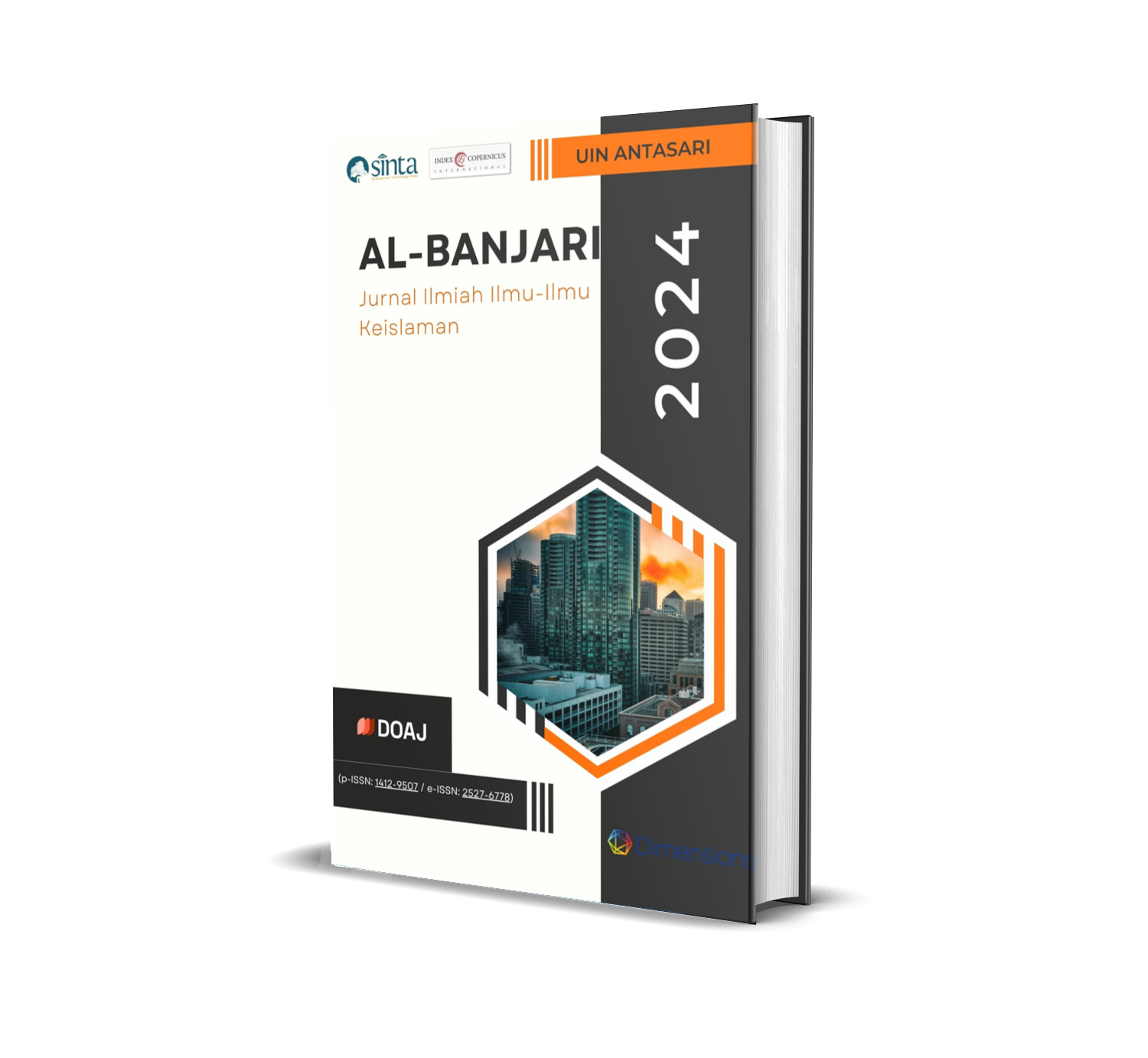The Socioanthropology of Islamic Education: Integrating Social, Cultural, and Anthropological Perspectives
DOI:
https://doi.org/10.18592/albanjari.v23i1.13605Abstract
This study aims to examine the Islamic education system through a multidisciplinary perspective that integrates social, cultural, and anthropological aspects. The method used is a systematic literature review utilizing the ERIC, Crossref, Science Direct, JSTOR, ProQuest, and Google Scholar databases. The selection process, data extraction, and analysis were conducted systematically to ensure reproducibility and transparency. The results showed: 1) A multidisciplinary approach is essential in understanding the complexity of the Islamic education system; 2) Social, cultural, and historical factors have a profound impact on the philosophy and practice of Islamic education; 3) Anthropological perspectives are instrumental in understanding the influence of religious values and traditions on educational experiences; 4) This integrated approach has significant implications for educators, practitioners and policy makers in the field of Islamic education. The study concludes that the integration of social, cultural and anthropological perspectives provides a more comprehensive understanding of Islamic education. The implication is that a holistic approach is needed in curriculum development, teacher training and Islamic education policy. The study also identifies gaps in the literature and suggests directions for future empirical research.Downloads
Published
2024-07-16
Issue
Section
Articles
License
Copyright (c) 2024 Adiyono Adiyono, Dede Nurohman, Makmur Harun

This work is licensed under a Creative Commons Attribution-ShareAlike 4.0 International License.
Authors who publish with this journal agree to the following terms:
- Authors retain copyright and grant the journal right of first publication with the work simultaneously licensed under a Creative Commons Attribution License that allows others to share the work with an acknowledgement of the work's authorship and initial publication in this journal.
- Authors are able to enter into separate, additional contractual arrangements for the non-exclusive distribution of the journal's published version of the work (e.g., post it to an institutional repository or publish it in a book), with an acknowledgement of its initial publication in this journal.
- Authors are permitted and encouraged to post their work online (e.g., in institutional repositories or on their website) prior to and during the submission process, as it can lead to productive exchanges, as well as earlier and greater citation of published work (See The Effect of Open Access).


































